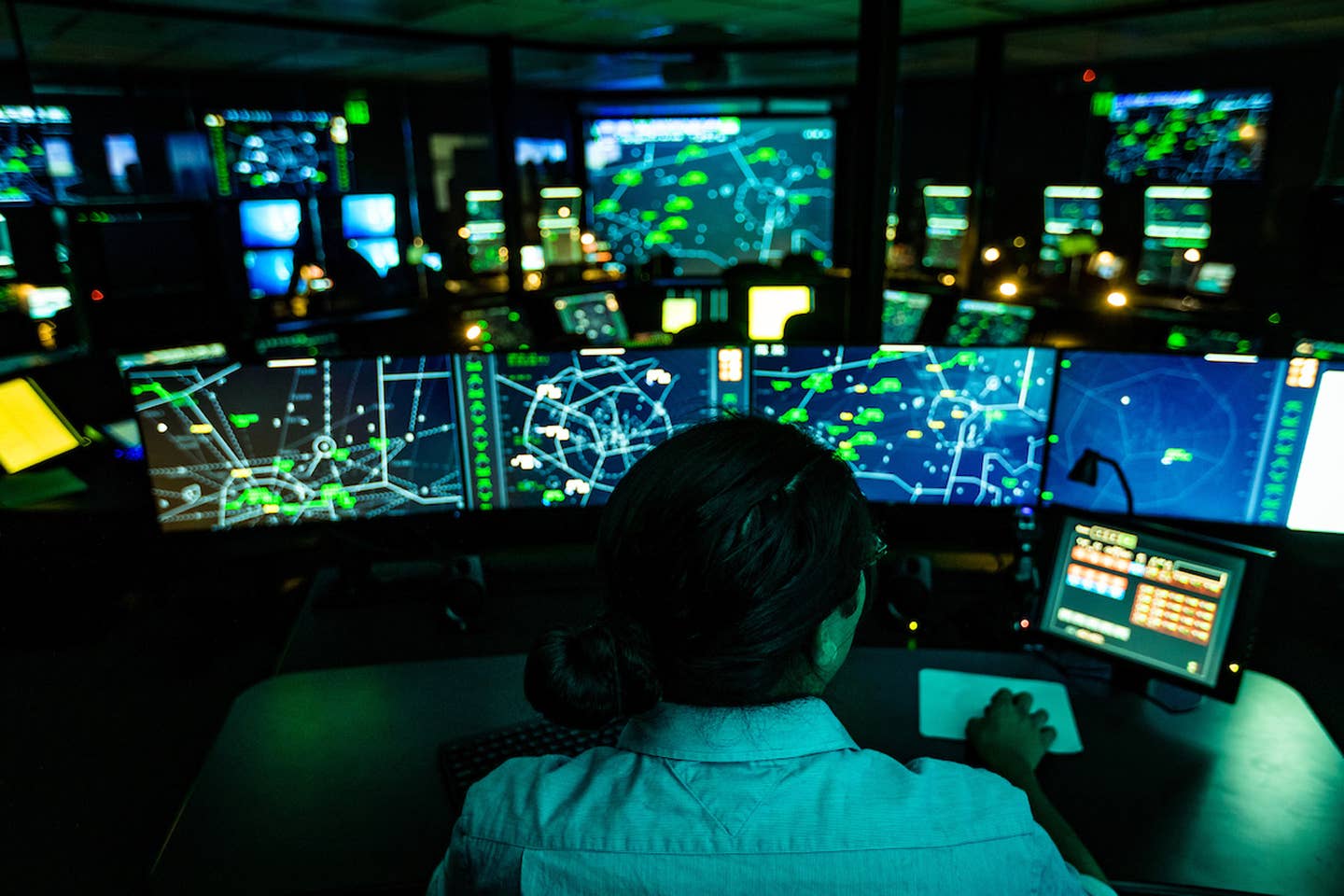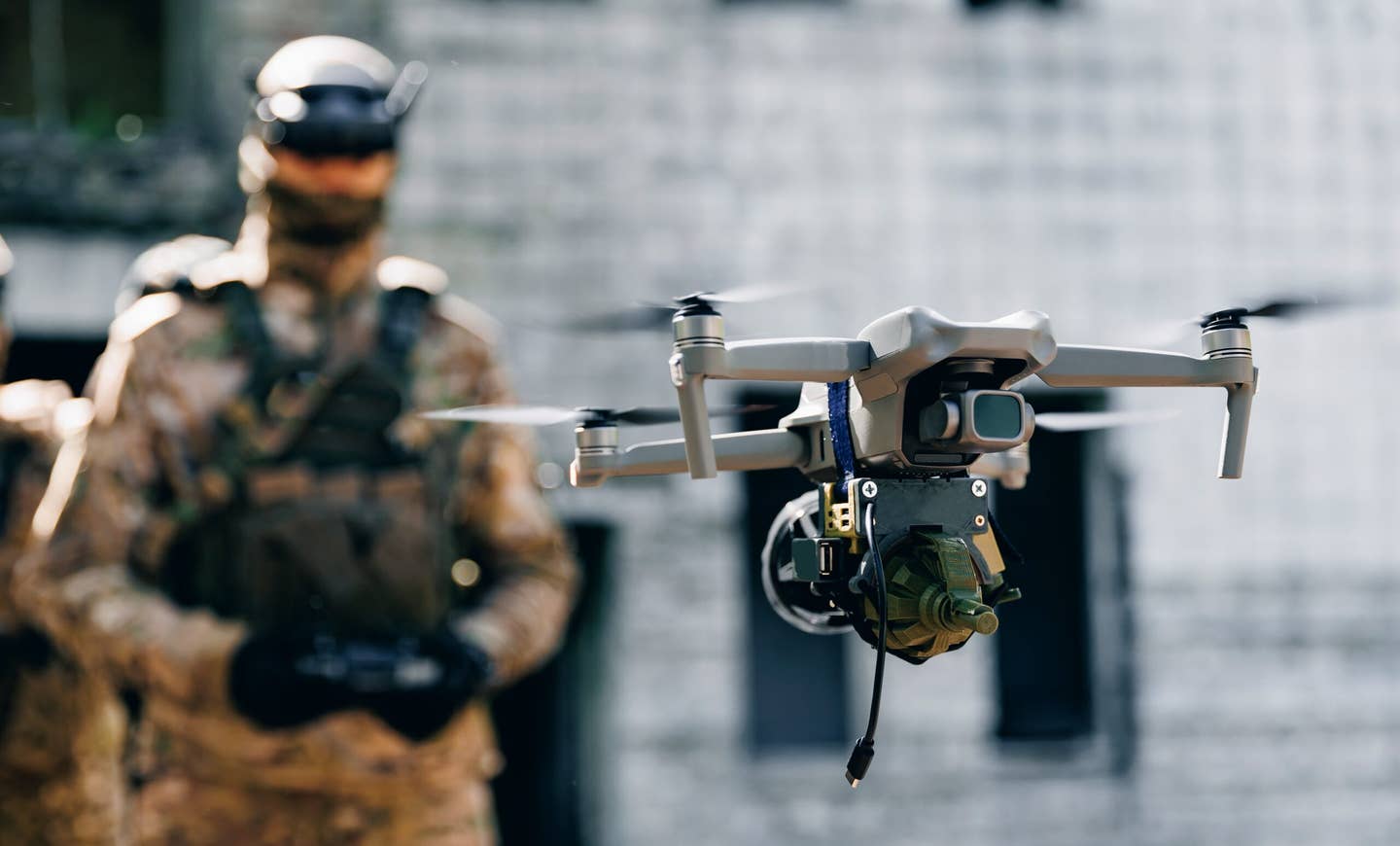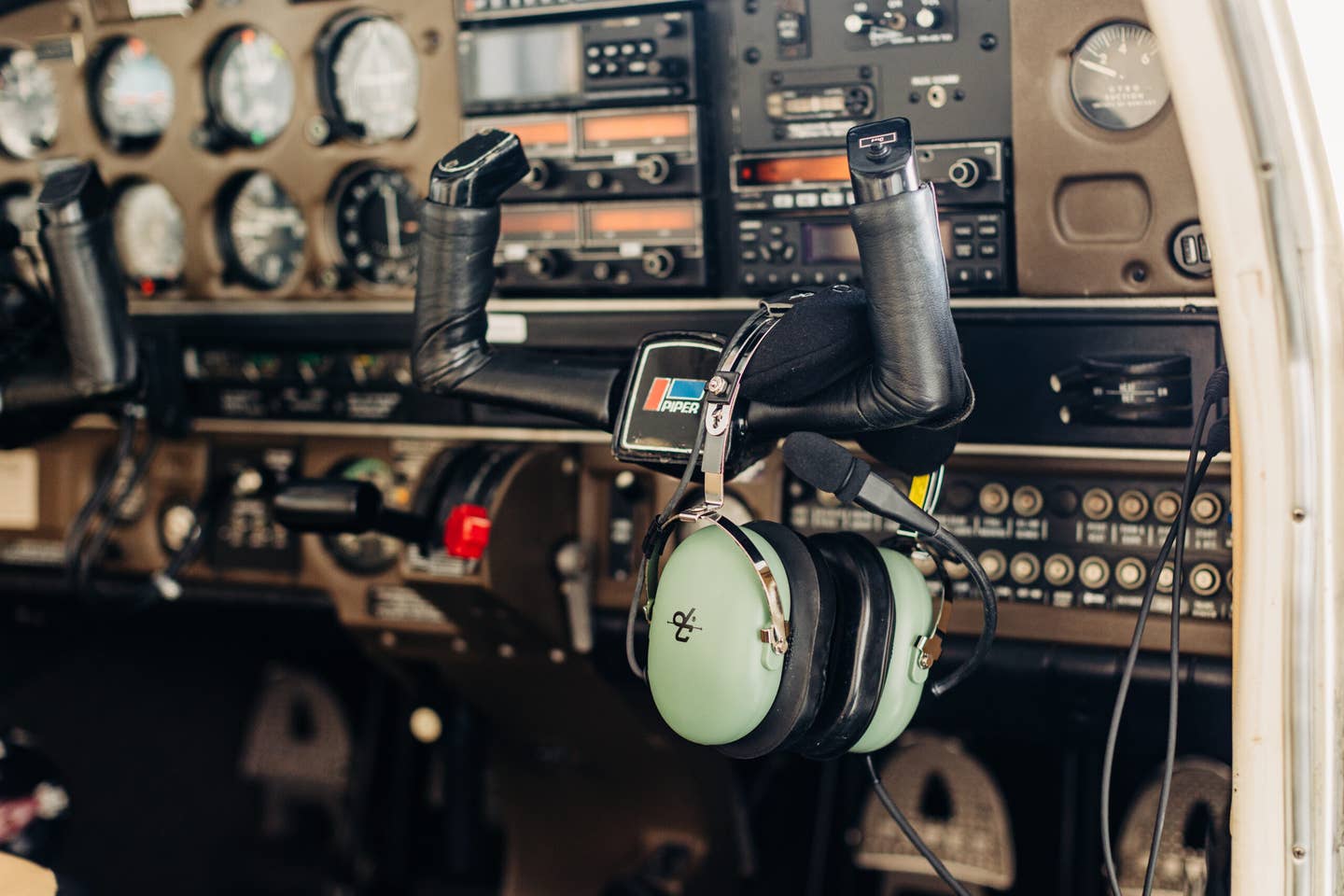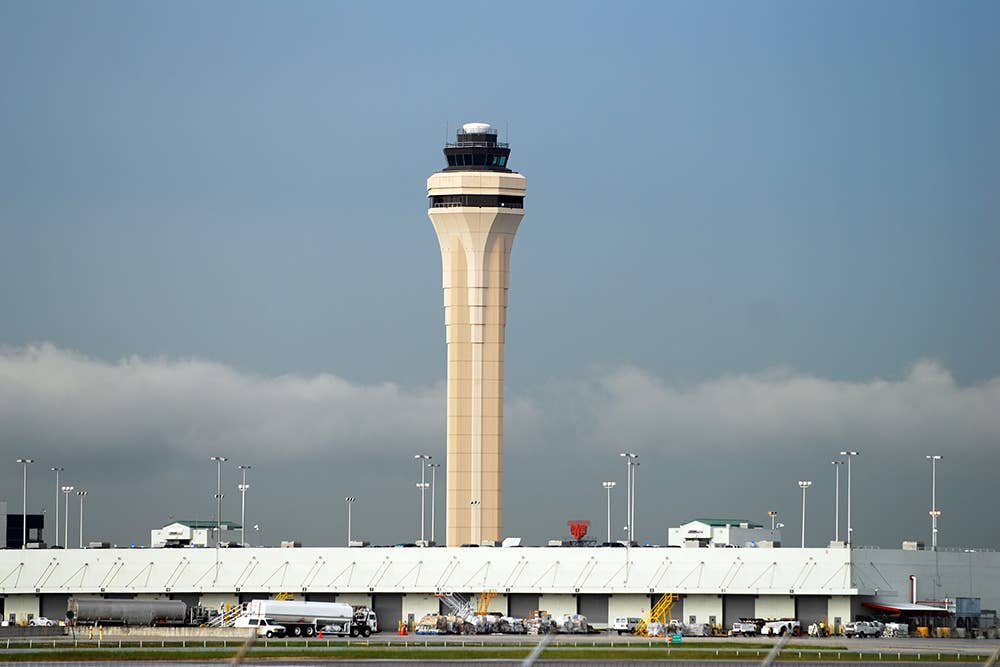
Threats include drone position spoofing attacks, where misinformation may incorrectly indicate to an air traffic controller the presence of a drone in a certain location, or a drone that has suddenly gone rogue. ERAU
Embry-Riddle Aeronautical University recently announced that it earned a $190,000 Cyber Scholarship Program Award from the Department of Defense (DoD) that will help fund the university’s research arm in Prescott, Arizona, as it develops artificial intelligence (AI) technologies to stamp out—or at least help mitigate—cyber threats being posed against aircraft, drones and air traffic control.
Dr. Krishna Sampigethaya, Cyber Intelligence & Security department chair and associate professor at the Prescott Campus, said the award will allow the university to purchase an AI server to enable students and faculty from a range of disciplines—including security and intelligence, aviation, engineering, human factors and simulation science—to collaborate on this multi-disciplinary research. The project will include outreach to the US Air Force. In 2019, the Prescott Campus was named a Department of Homeland Security/National Security Agency (DHS/NSA) Center of Academic Excellence for Cyber Defense Education (CAE-CDE). Sampigethaya said in a university-wide story, “this project aims to prepare students not only to excel in aviation and aerospace sectors, but also in other industries where AI, autonomy and cyber security are emerging.”
An ERAU spokesperson added, “Leveraging a machine learning technique called deep learning, the research will seek to combat cyber threats that are of increasing concern in aviation. Such threats include drone position spoofing attacks, where misinformation may incorrectly indicate to an air traffic controller the presence of a drone in a certain location, or a drone that has suddenly gone rogue in airspace after being compromised by a cyberattack. These types of threats can challenge a flight or ATC crew’s problem-solving skills, situational awareness and decision-making. Deep learning can use highly unstructured data from a variety of sensors monitoring an airspace and identify previously unrecognized patterns. The resulting capability can, for instance, quickly detect if a drone is actually present in a certain position, as well as identify compromised drones and forecast their behaviors to mitigate threats.

Sign-up for newsletters & special offers!
Get the latest FLYING stories & special offers delivered directly to your inbox






